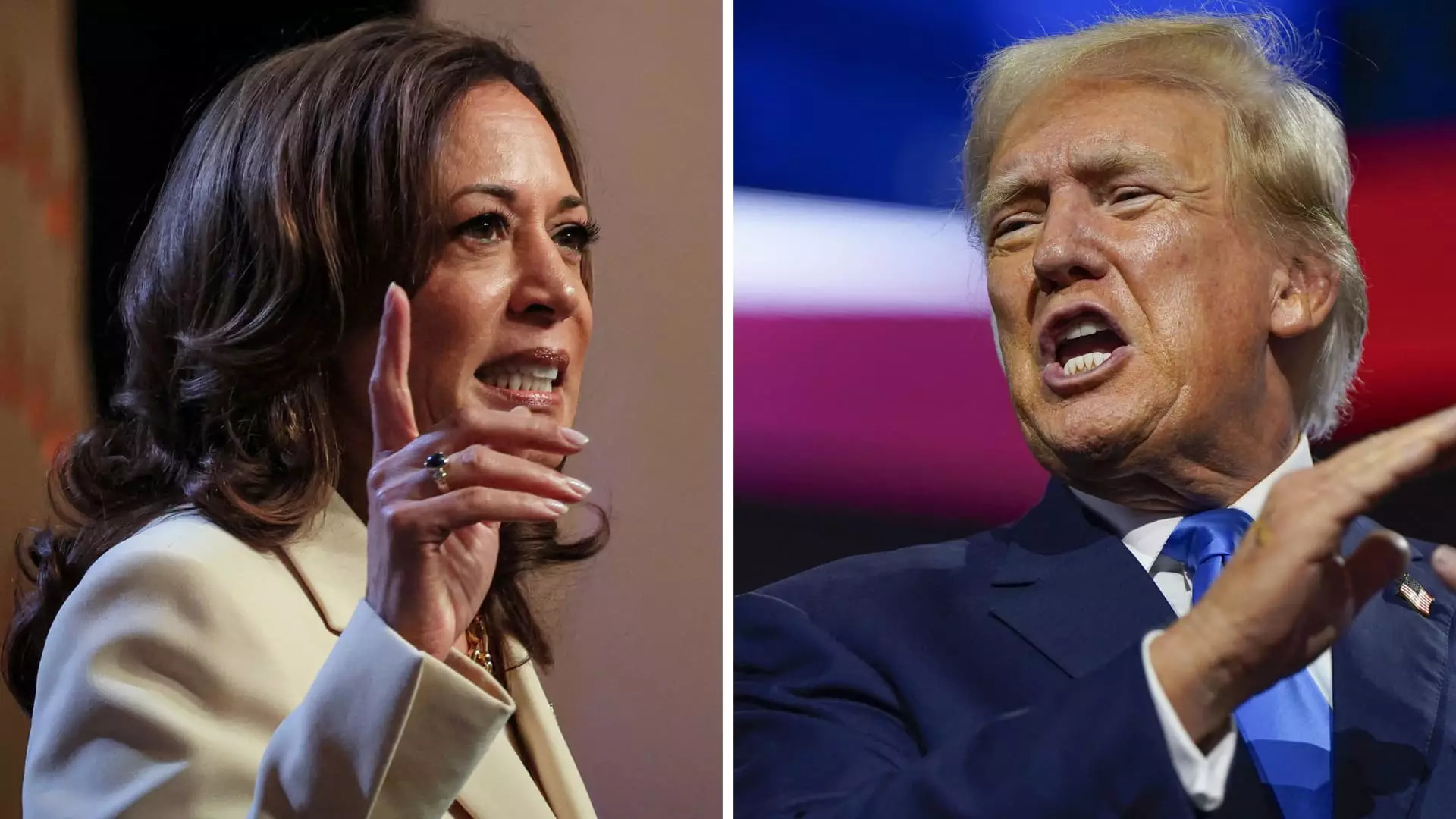Former President Donald Trump and Vice President Kamala Harris have both expressed their desire to eliminate taxes on tips, a move that has garnered mixed reactions from policy experts. While Harris made her announcement at a rally in Las Vegas, Trump had previously shared a similar idea at a rally as well. The debate around this proposal has raised concerns about its implications on working families and the economy.
In 2023, there were approximately 4 million U.S. workers in tipped occupations, making up 2.5% of all employment. Most of these workers are lower-income individuals, with a significant portion not being subject to federal income tax in 2022. The proposal to exempt tips from taxes is seen as a targeted exemption that could benefit a specific group of workers but raise questions about equity and fairness.
Despite bipartisan support for the idea in Congress, some experts have criticized it on several grounds. Steve Rosenthal, a senior fellow at the Urban-Brookings Tax Policy Center, highlighted concerns about equity, efficiency, and revenue implications. He argued that not taxing tips could create disparities between workers who rely on tips and those who do not, raising questions about the overall fairness of the policy.
One of the key criticisms of the proposal is the potential for administrative hurdles and abuse. Experts fear that some workers may attempt to reclassify their wages as tips to avoid paying taxes. To address these concerns, Harris has proposed implementing income limits and requirements to prevent certain groups, such as hedge fund managers and lawyers, from taking advantage of the policy. However, the effectiveness of these measures remains uncertain.
Another point of contention is the cost of implementing the no-tax on tips policy. Critics argue that amid worries about the federal budget deficit, introducing such a measure along with an increase in the minimum wage could lead to significant budget shortfalls. Estimates suggest that the combined impact of these proposals could add $100 billion to $200 billion to the deficit over a decade, depending on various assumptions and scenarios.
The debate over ending taxes on tips is a complex and multifaceted issue that raises important questions about fairness, equity, and economic sustainability. While the proposal may have some benefits for tipped workers, it also poses challenges in terms of administration, revenue implications, and budgetary concerns. As policymakers continue to discuss and evaluate the feasibility of such a policy change, it is essential to consider all the potential consequences and trade-offs involved.


Leave a Reply